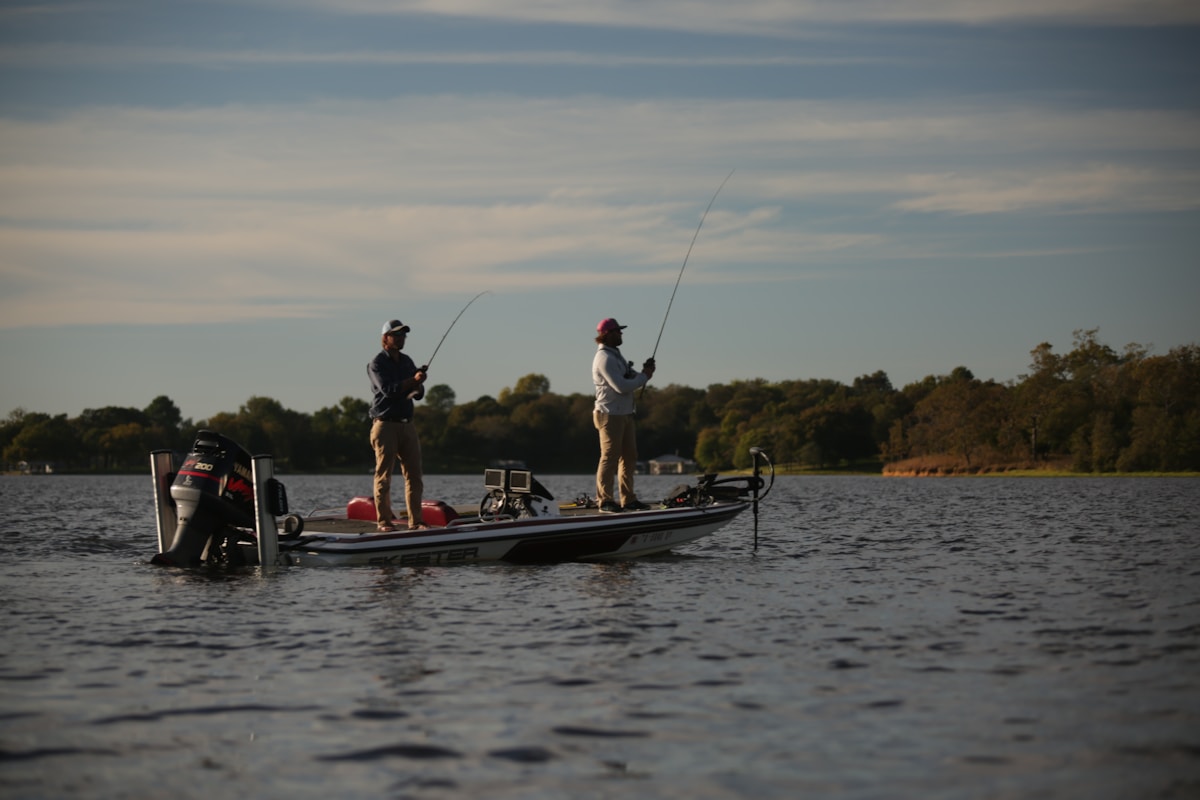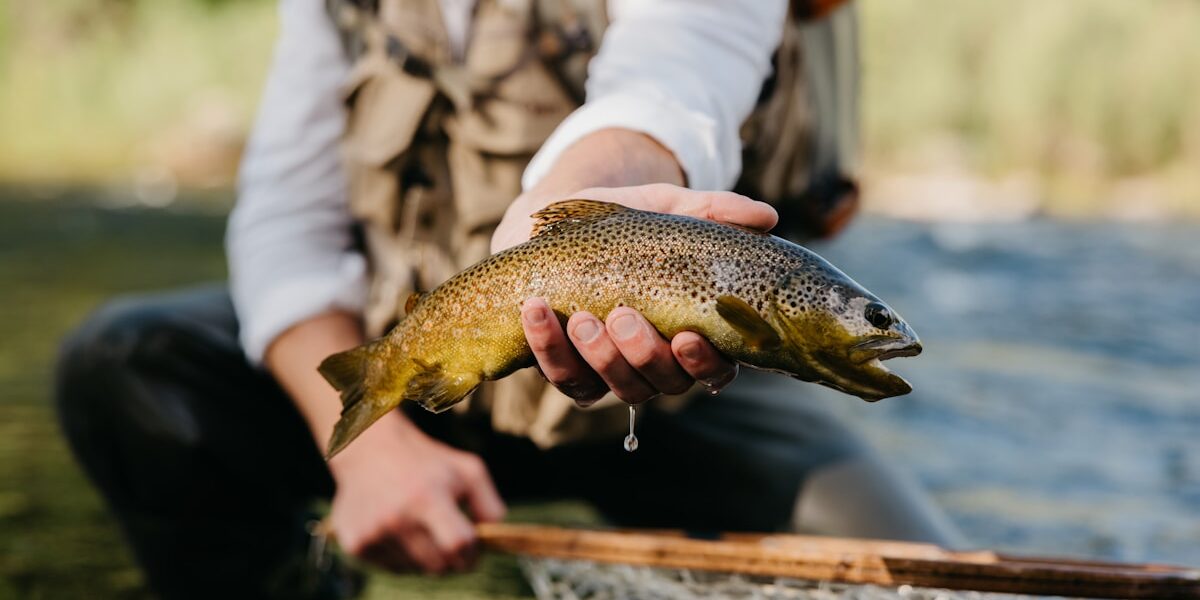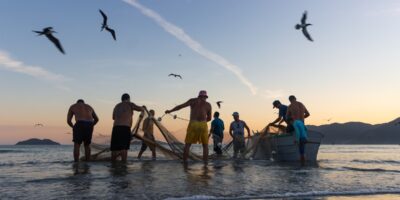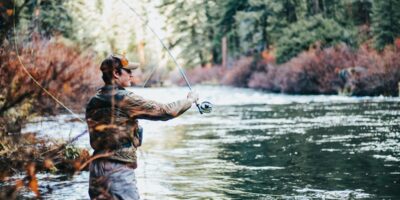Salmon Fishing in Michigan: An Informative Guide
Michigan offers some of the best salmon fishing spots in the United States. It’s home to various species like Chinook, Coho, and Atlantic salmon. The Great Lakes and numerous rivers provide ample opportunities for salmon enthusiasts. Salmon fishing here isn’t just a pastime. It’s embedded in the local culture, drawing both amateurs and seasoned anglers. Understanding the intricacies of fishing in Michigan can greatly enhance your experience.

Key Locations for Salmon Fishing
Lake Michigan
Lake Michigan is a prime location for catching Chinook and Coho salmon. The lake’s size offers a diverse habitat. Fishing here requires a boat for the best experience. Many anglers head to Ludington, known for its thriving salmon population. The natural structure of the lake creates excellent fishing conditions.
Lake Huron
Possessing a vast shoreline, Lake Huron is ideal for salmon fishing. While less popular than Lake Michigan, it still hosts abundant salmon. The waters near Alpena and Rogers City are hotspots. Many prefer these locations for a quieter fishing experience. You can catch both Chinook and Atlantic salmon here.
Manistee River
The Manistee River draws many anglers due to its abundant salmon runs. It offers access to Chinook salmon from August through October. Fly fishing is particularly popular on this river. The beauty of the surrounding area enhances the overall experience. Walking the river’s banks, you’ll often find locals and tourists alike trying their luck.
Muskegon River
Another river of choice for salmon fishing is the Muskegon. Late fall and early spring bring in high salmon runs. Trolling and spin casting are common techniques utilized here. The river’s width and depth allow for diverse fishing strategies. A section of the river is specially designated for fly fishing. This ensures a focused environment for enthusiasts.
Understanding Salmon Species
Chinook Salmon
Also known as King Salmon, Chinook are the largest of the salmon species in Michigan. They thrive in the deeper waters of the Great Lakes. Fishing in deeper waters requires specialized equipment. Downriggers are often used to maintain the lure at the ideal depth. Their large size makes them a prized catch. Peak season typically spans from July to September.
Coho Salmon
Coho salmon are smaller but are known for their fighting spirit. Many anglers appreciate the challenge they present. They are most active during the fall season. Coho favor the shorelines during migration. This makes them more accessible for shore fishers. They often strike at spoons and crankbaits.
Atlantic Salmon
Atlantic salmon are less common but highly sought after. Found primarily in Lake Huron, they are known for their aggressive nature. They are often caught using fly fishing techniques. Their presence adds variety to Michigan’s fishing scene. They also attract a specific set of anglers focused on fly fishing.
Effective Techniques for Salmon Fishing
Trolling
Trolling is a popular method for salmon fishing in the Great Lakes. It involves pulling a lure or bait behind a moving boat. Fish finders and depth tracking can aid in locating the schools. Trolling spoons, crankbaits, and flies are common choices. Adjust the speed and depth to match the salmon’s behavior. Experimentation is often key to success.
Fly Fishing
Fly fishing creates a unique connection with nature. It is particularly rewarding on Michigan’s rivers. Success in fly fishing requires skill and patience. Matching the fly to the natural diet of salmon increases chances. This technique requires observation and understanding of salmon movements. It’s a favored method among purists.
Spin Casting
This technique involves casting and retrieving lures on a spinning rod. It’s especially effective in rivers and off the shores. Anglers often use spinners and spoons for perfect results. The versatility of spin casting makes it suitable for various water conditions. It adds an element of excitement to the fishing experience.
Essential Equipment and Gear
Rods and Reels
The choice of rod and reel can define your success when fishing for salmon. A medium to heavy rod provides the strength needed. Reels should have a high line capacity and smooth drag system. These features help manage the fights with these strong fish. A balanced setup enhances casting performance and control.
Fishing Line
Braid or monofilament lines are typical choices for salmon fishing. Braided line offers strength and sensitivity. Monofilament provides a better stretch which helps during a fight. The choice depends on personal preference and specific fishing conditions. A line of at least 20-pound test is often recommended.
Lures and Baits
Salmon are attracted to various lures and baits. Spoons are effective due to their flash and movement. Crankbaits mimic natural prey, drawing salmon to strike. Natural baits like roe and cut baits can also be appealing. Adjusting lure colors based on water clarity can improve catch rates.
Fishing Regulations and Licensing
Adhering to state fishing regulations is crucial. A fishing license is mandatory for anyone aged 17 and older. The Michigan Department of Natural Resources provides information on licensing. Regulations vary based on location and season. Always check the current rules before heading out. This ensures sustainable fishing practices are upheld.
Seasonal Considerations
Spring
Spring offers a gradual start to the salmon fishing season. Rivers begin to thaw, attracting salmon as they seek spawning grounds. The warming water temperature increases salmon activity. This season requires careful attention to weather and water conditions. Anglers need to adapt to changing environments.
Summer
Summer is peak time, especially in the Great Lakes. Salmon feed aggressively in preparation for migration. Targeting deeper waters in the lake increases success. Early morning and late evenings are prime times to fish. The stable weather conditions make summer appealing to many fishermen.
Fall
Fall marks the height of salmon runs in Michigan’s rivers. As salmon migrate upstream, they’re easier to catch. Rivers become bustling with activity during this period. The changing colors of leaves add to the fishing experience. Cooler temperatures require anglers to dress warmly.
Winter
Winter poses challenges but also unique opportunities. Ice fishing in select spots becomes an option. Less crowded areas allow for peaceful fishing. Proper gear and clothing are essential for safety. Some anglers find winter to be a hidden gem for salmon fishing.
Common Challenges and Tips
Weather Conditions
Michigan’s weather can change rapidly, affecting fishing plans. Monitoring weather forecasts is essential. Sudden storms can cause safety concerns. Wind conditions can impact trolling success. ideal weather conditions enhance fishing pleasure.
Navigation
Lake Michigan and Huron are vast. Navigating them demands skill and preparation. GPS and mapping tools are invaluable to avoid hazards. Staying close to known fishing spots reduces risks. Experience in handling boats is a major advantage.
Timing the Runs
Understanding the timing of salmon runs increases your chance of success. Different species have varying migration patterns. Consulting local reports can provide insights. Patience and flexibility in scheduling can lead to rewarding outings. Observing other anglers may also reveal timely secrets.
Local Insights and Culture
Salmon fishing in Michigan isn’t just about the catch. It’s a cultural tradition for many local communities. Local events and festivals celebrate seasonal runs. Conversations with local fishers can yield valuable tips and stories. Many outfitters provide services to newcomers. Engaging with the local community enhances the experience.
Conclusion
Salmon fishing in Michigan offers diverse opportunities and experiences, from the Great Lakes to the scenic rivers. Understanding species behavior, mastering techniques, and respecting local regulations are key components to a successful fishing adventure. Equip yourself with the right gear, align your adventures with seasonal changes, and immerse in the local culture to make the most of this rewarding pursuit.
Recommended Fishing Gear
Garmin GPSMAP 79s Marine GPS – $280.84
Rugged marine GPS handheld that floats in water.
Garmin inReach Mini 2 – $249.99
Compact satellite communicator for safety on the water.
As an Amazon Associate, we earn from qualifying purchases.



